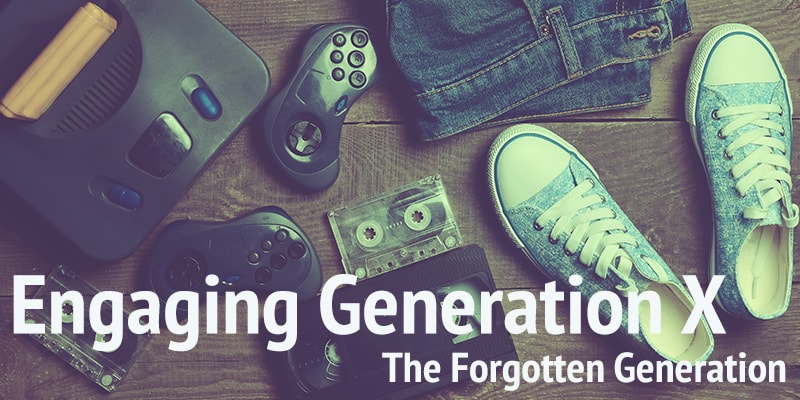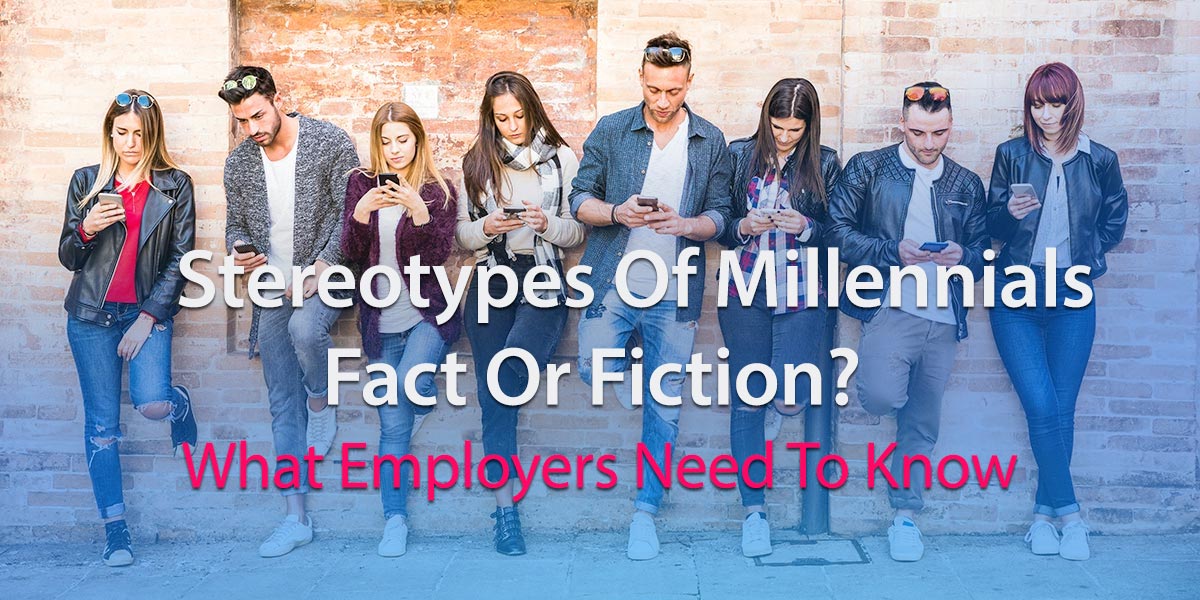Generation Z Definition
Who is Generation Z?
Generation Z, also known as Gen Z or Zoomers, is the next generational cohort following Millennials. Generational cohorts are defined by birth year rather than age, and Gen Zers were born between 1997 and 2012.
Generation Z makes up 20.35 percent of the US population, making it the third-largest cohort after Millennials and Baby Boomers. And that means the Zoomers generation has massive spending power. Gen Z’s income will hit $33 trillion by 2030, becoming one of the largest consumer groups in the US.
What are the main characteristics of Gen Z?
Here are the defining traits you need to know about:
- Diversity: Gen Zers are one of the most diverse generations so far. According to Pew Research Center, 48 percent of Generation Z identifies as racially or ethnically diverse.
- Digital natives: Hyper-connectivity is a primary characteristic of Zoomers. Whether it’s for socializing, entertainment, shopping or research, this generation has more screentime than any other. And smartphones are the device of choice for Gen Zers. Most got their first smartphone aged just 12.
- Pragmatic and financially savvy: Stability and security are important to Zoomers. And it’s no surprise when you consider they have grown in the shadow of the Great Recession and a global pandemic. The uncertainty and unrest have colored their worldview and manifest in conservative spending, smart investments, and job stability.
- Progressive politics: Perhaps because of their diversity, Zoomers are more open-minded and progressive than other generations. Transgender and LGBTQ rights, mental health, climate change, and racial equality are vital issues for this group. And a willingness to advocate for social change is a shared trait.
What are the differences between Gen Zers and Millennials?
So, how does Gen Z compare to Gen Y, also known as Millennials? Both cohorts are driven by a desire to make a difference and contribute to society. Furthermore, technology is crucial to Gen Z and Gen Y, and both have a strong social media presence.
However, while there’s plenty of common ground, there are also fundamental differences.
- Technology dependence vs. fluency: Gen Zers are more dependent on technology – it’s integral to their everyday lives. By contrast, Millennials are technology fluent. They have an intuitive understanding of technology and are comfortable using it. However, Gen Z lives and breathes technology.
- Financial security: Millennials largely grew up in a period of prosperity. Most of them were adults by the time the GFC hit. On the other hand, Gen Z watched their parents grapple with the economic fall-out of the GFC and now a global pandemic. As a result, Zoomers are more debt-averse and budget-minded. They value financial security and are more frugal than their Millennial cousins.
How can businesses adapt to Generation Z?
Gen Zers have already made their presence felt in the workplace. Globally, they account for 24 percent of the labor force, and their numbers will only increase.
What are the implications of the arrival of Generation Z for employers?
It’s early days, but already there are some emerging trends. Diversity and social issues are essential for Gen Z. They want to work for employers with the same progressive outlook and desire to make a difference.
Job stability is also a big concern for Zoomers. According to one survey, a secure and stable role is the top career goal for Generation Z.
Another characteristic is the ability to multitask. After all, Generation Z is used to switching between apps and carries that ability into the workplace.
Technology is, of course, the lifeblood of Gen Z. Companies that embrace new technology will be a drawcard for Gen Zers. Plus, brands with a strong YouTube or Instagram profile will catch the eye of job-hunting Zoomers.
Online communication and collaboration come naturally to Generation Z. However, face-to-face contact is also vital despite the dependence on technology. In one survey, 72 percent of Zoomers said they preferred in-person communication.
What comes after Gen Z?
The next cab off the rank when it comes to generation cohorts is Generation Alpha. Anyone born after 2012 is part of this new cohort. Although still very young, there’s no doubt this generation will also make its mark in time.
List of Generations
Here is a list of generations and when they were born:
- Lost Generation: 1883 to 1900
- Greatest Generation: 1901 to 19127
- Silent Generation: 1928 to 1945
- Baby Boomers: 1946 to 1964
- Generation X: 1965 to 1980
- Millennials: 1981 to 1996
- Generation Z: 1997 to 2012
- Generation Alpha: early 2010s to mid 2020s






